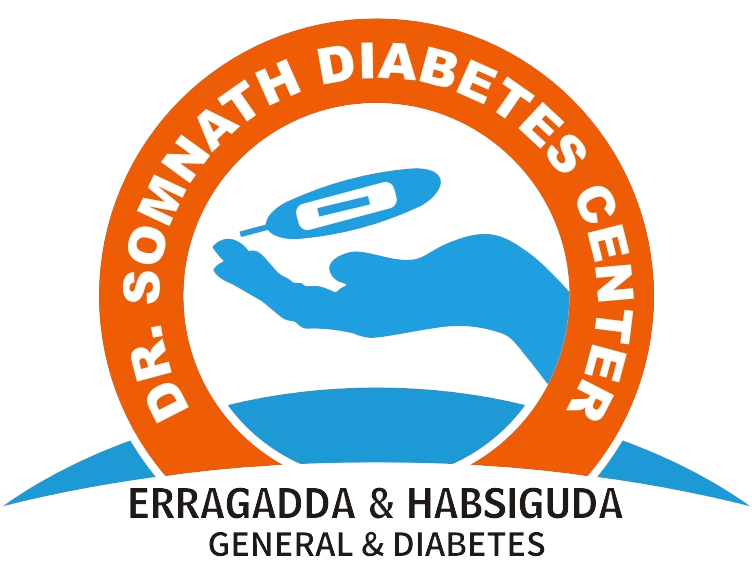High Blood Pressure
High Blood Pressure Symptoms and Causes
What is blood pressure?
Blood pressure is the pressure of blood pushing against the walls of your arteries. Arteries carry blood from your heart to other parts of your body.
Your blood pressure normally rises and falls throughout the day.
What do blood pressure numbers mean?
Blood pressure is measured using two numbers:
he first number, called systolic blood pressure, measures the pressure in your arteries when your heart beats.
The second number, called diastolic blood pressure, measures the pressure in your arteries when your heart rests between beats.
If the measurement reads 120 systolic and 80 diastolic, you would say, “120 over 80,” or write, “120/80 mmHg.”
What are normal blood pressure numbers?
A normal blood pressure level is less than 120/80 mmHg.
What is high blood pressure (hypertension)?
High blood pressure, also called hypertension, is blood pressure that is higher than normal. Your blood pressure changes throughout the day based on your activities. Having blood pressure measures consistently above normal may result in a diagnosis of high blood pressure (or hypertension).
The higher your blood pressure levels, the more risk you have for other health problems, such as heart disease, heart attack, and stroke.
Your health care team can diagnose high blood pressure and make treatment decisions by reviewing your systolic and diastolic blood pressure levels and comparing them to levels found in certain guidelines.
The guidelines used to diagnose high blood pressure may differ from health care professional to health care professional:
- Some health care professionals diagnose patients with high blood pressure if their blood pressure is consistently 140/90 mm Hg or higher.2 This limit is based on a guideline released in 2003, as seen in the table below.
- Other health care professionals diagnose patients with high blood pressure if their blood pressure is consistently 130/80 mm Hg or higher.1 This limit is based on a guideline released in 2017, as seen in the table below.
What are the signs and symptoms of high blood pressure?
High blood pressure usually has no warning signs or symptoms, and many people do not know they have it. Measuring your blood pressure is the only way to know whether you have high blood pressure.
What causes high blood pressure?
High blood pressure usually develops over time. It can happen because of unhealthy lifestyle choices, such as not getting enough regular physical activity. Certain health conditions, such as diabetes and having obesity, can also increase the risk for developing high blood pressure. High blood pressure can also happen during pregnancy.
What problems does high blood pressure cause?
High blood pressure can damage your health in many ways. It can seriously hurt important organs like your heart, brain, kidneys, and eyes.
The good news is that, in most cases, you can manage your blood pressure to lower your risk for serious health problems.
- Heart Attack and Heart Disease
- Stroke and Brain Problems
- Kidney Disease
